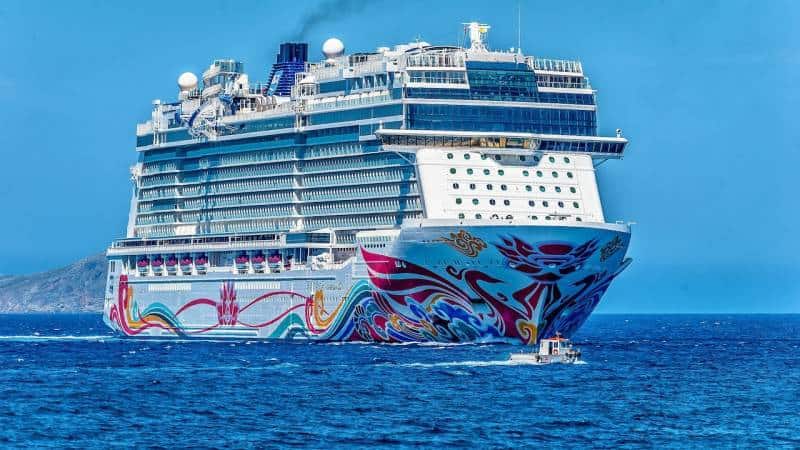BARCELONA – Mass tourism seems to be a problem for tourism hotspots around the world as Barcelona is also feeling the heat.
To curb the menace of over-tourism and make the area more sustainable, Barcelona will raise the tourist tax for cruise passengers.
Ciy’s mayor Jaume Collboni confirmed during an interview that the hike would affect tourists visiting the city for less than 12 hours.
Collboni detailed over the weekend that the measure is part of the ongoing strategy to address the adverse effects of mass tourism in the Catalan capital.
Since taking office last year, Collboni has introduced several initiatives aimed at curbing overtourism and addressing the city’s housing crisis. Recently, he revealed plans to end short-term apartment rentals to tourists by 2028, revoking the licenses of the 10,101 apartments currently approved for such use.
In recent months, Spain has witnessed protests by residents, decrying the flood of tourists. The tax for cruise passengers currently stands at €7 (£6) per day but the mayor said he was committed to addressing the consequences of mass tourism, which includes significantly raising the tax for short-term cruise visitors.
“We have chosen to prioritize the right to housing in Barcelona over tourist accommodations,” he stated.
“Short-term cruise passengers heavily use public spaces without contributing to the city, creating a sense of overcrowding. We seek a tourism model that respects its destination,” the mayor added.
While Collboni did not specify the exact increase in the tourist tax, he mentioned that studies had been commissioned. He emphasized that the goal is not to deter cruise visitors but to ensure they contribute to the city’s revenue, which could be used for projects like installing air conditioning in schools.
Spain welcomed a record 85.1 million international tourists last year, a 19% increase from 2022. This increase has triggered protests on the mainland, the Balearic Islands, and the Canaries due to unchecked growth of tourism.














